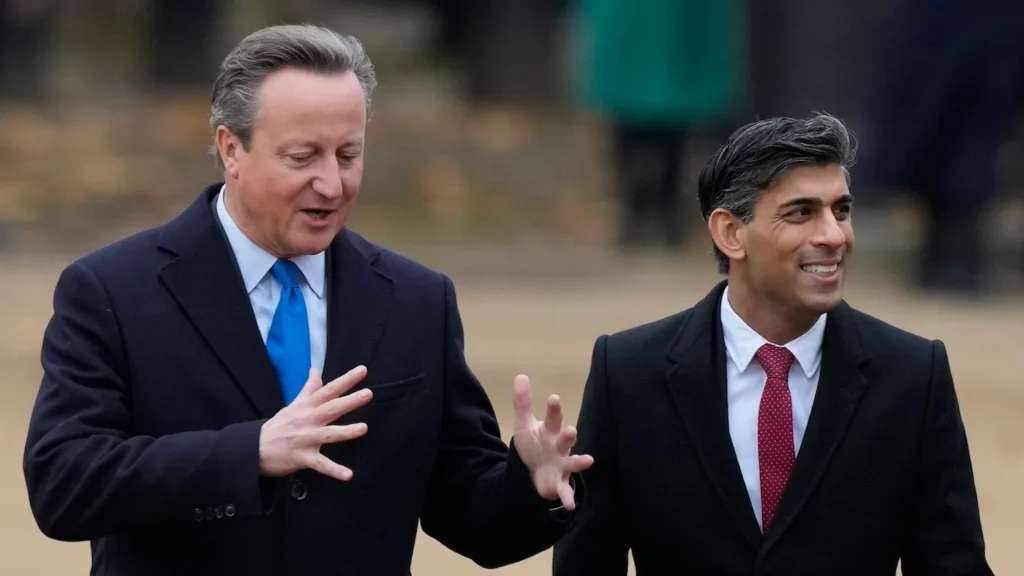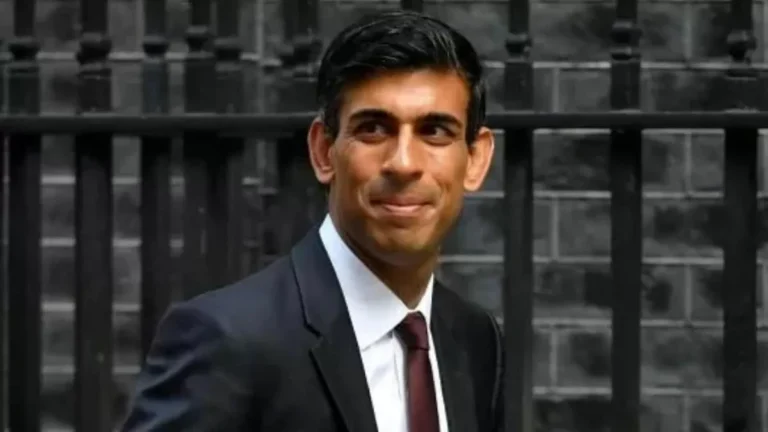Rishi Sunak’s Resolve: “Absolutely Not” Giving Up on Election Victory
Prime Minister Rishi Sunak firmly stated that he has “absolutely not” conceded the upcoming general election, despite recent discussions surrounding a potential Labour “supermajority.” In a candid interview with the BBC, Sunak acknowledged his party’s missteps, expressed understanding of the public’s frustrations, but urged voters to recognize the “danger” of a Labour-led government. He warned against complacency, emphasizing the critical nature of the election.
Addressing the Party’s Shortcomings and Public Frustration
Sunak admitted that the Conservative Party had not “got everything right” during its tenure, and he empathized with the dissatisfaction among the electorate. He stressed the importance of being aware of the risks posed by a Labour government and cautioned against “sleepwalking” into the election without due consideration.
When questioned about his future as the Conservative leader if defeated, Sunak expressed his deep affection for his party, stating he would always be at its service. This declaration reflects his commitment to the Conservative cause, regardless of the election outcome.

Labour Leader Sir Keir Starmer’s Push Against Complacency
Meanwhile, Labour leader Sir Keir Starmer has been actively working to combat complacency within his own ranks. Addressing voters in Buckinghamshire, Starmer emphasized the tight race, suggesting that many constituencies would be decided by mere hundreds of votes. He urged voters to imagine the repercussions of another five years under a Conservative government.
Starmer acknowledged the challenges his party would face if victorious, noting the “very difficult inheritance” after 14 years of Conservative governance. He highlighted the need for tough decisions to propel the country forward, signaling a clear understanding of the responsibilities that lie ahead.
Sunak’s Political Resilience and Sports Analogies
Following the England football team’s dramatic equalizer against Slovakia, Sunak took to social media to share his determination, quoting, “It’s not over until it’s over.” When asked if he would make a political move as bold as Jude Bellingham’s overhead kick, Sunak, a cricket enthusiast, humorously responded that he would opt for a “flashy cover drive” instead. This light-hearted exchange underscores Sunak’s belief that the political landscape is still fluid and that voters are still forming their opinions.
Sunak acknowledged the public’s frustrations with both the Conservative Party and his leadership, particularly in light of recent challenges such as the Covid pandemic and the ongoing conflict in Ukraine. He admitted that progress on reducing NHS waiting lists had been slower than desired, reflecting a realistic and humble approach to the issues at hand.
Commitment Beyond the Election
Regardless of the election outcome, Sunak confirmed his intention to remain an MP. His focus remains on the general election campaign, reiterating his deep love for the Conservative Party and his commitment to serving both his party and his country. Sunak’s dedication highlights his unwavering resolve to contribute to the nation’s political landscape, irrespective of his position within the party.
The Road Ahead: Political Dynamics and Public Sentiment
As the election date approaches, the political dynamics continue to evolve. Sunak’s candid acknowledgment of his party’s shortcomings and his appeal to voters to consider the risks of a Labour government reflect a strategic attempt to regain public trust. On the other hand, Starmer’s emphasis on the narrow margins and the tough road ahead for a Labour government underscores the high stakes of this election.
Conclusion
In this highly charged political environment, both leaders are striving to rally their supporters and sway undecided voters. Sunak’s blend of humility and determination contrasts with Starmer’s realistic yet hopeful outlook for a potential Labour government. The election outcome remains uncertain, but one thing is clear: the dedication and resolve of both leaders will shape the future of British politics.


